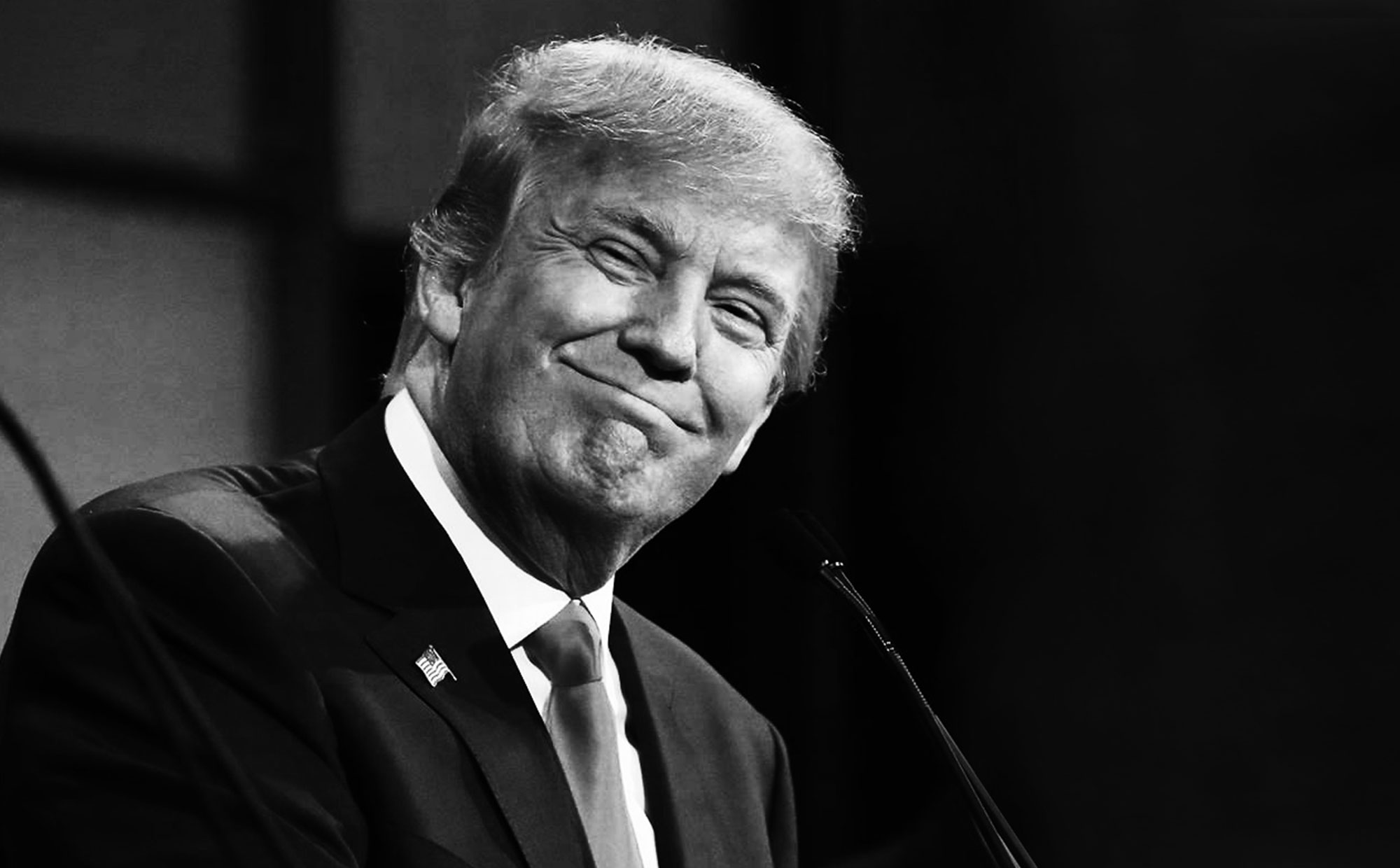Love him or hate him, rightly or wrongly, there’s no denying that Trump’s Presidential victory will go down as one of the biggest political sea changes in American history. However, amongst all the political analysis and social media commentary (isn’t it funny how everyone suddenly becomes an expert in American politics on Facebook?), I was drawn to an article about his campaign which focused on five key marketing lessons that anyone involved in brand marketing should keep in mind. And, dare I say it, in marketing terms Trump has played an absolute blinder! Why?
1. ** Know your audience.**
Donald Trump doesn’t care if you love him or hate him. He’s playing to a very select crowd of voters who believe in his message and who want to support him. Trump is giving voice to feelings that are widely shared in his political party, and the widely underestimated middle America silent voter.
**The lesson:** In the same way, your brand doesn’t have to appeal to “everyone.” Know your target market and speak to their concerns in a relevant way.
1. ** Know your brand.**
Donald Trump knows who he is. Americans have watched him for decades become famous as a property developer, bestselling author and TV reality-show contest business mogul on “The Apprentice.” Throughout all of these ventures Trump hasn’t changed. He’s just talking about politics now instead of business deals. But he’s always been bold and brassy, with a take-no-prisoners attitude.
**The lesson:** Your brand needs to stand for something. Lots of people are not fans of Trump, but even people who oppose his candidacy find themselves grudgingly admiring the consistency of his brand message. What you see is what you get.
1. ** Be audacious.**
Trump has said a lot of outrageous things during the campaign, from inflammatory remarks about Mexican immigrants to derogatory remarks about women but every new gaffe or media whirlwind didn’t seem to dramatically affect his performance in the polls. Why? Trump’s core supporters respect him for speaking his truth, even if he’s not saying it in a polite, genteel way.
Most political candidates are so polished and focus-grouped that it’s almost impossible for their real feelings and emotions to come out. Trump is in your face, every day, with unvarnished depictions of life as he sees it. He’s not afraid of what anyone thinks about him, and it shows.
**The lesson:** Don’t be afraid to really stand for something as a brand, even if it’s controversial. Too many companies try to be blandly inoffensive in a failed attempt to be “mainstream” and appeal to “everyone.” It’s better to be memorable, even if you lose some customers who don’t “get it,” as long as you keep appealing to the niche market of customers who love you the most.
1. ** Trust yourself.**
Trump doesn’t follow focus groups. All candidates these days test out their message, trying to find the right combination of words and issues to appeal to the right demographic segments of voters. But often, candidates end up sounding excessively “focus-grouped.” The real human connection of the candidate gets lost in trying to appeal to too many people – he’s not afraid to speak off the cuff sometimes appearing unrehearsed and unpolished and appearing to talk about whatever is most urgently on his mind at that moment.
**The lesson:** The same goes with your brand, product or service. It’s good to do some market research to find out whether a new product is viable, but it’s even more important to trust that you have a good idea. If you feel that way, trust that others will feel the same. Ideas can so easily become convoluted and watered down. If you try to make your product appeal to everyone, you’ll ultimately end up appealing to no one.
1. ** No apologies.**
Trump is like no one else we’ve seen in presidential politics in recent years. He seems to have absolutely no sense of regret or shame. He says what he says, he calls it like he sees it, and then he moves on, ignoring the critics. Has Trump ever apologized for anything? He seems incapable of admitting to mistakes or being wrong.
This raises an interesting question for your brand: when should you apologise? If a customer has a bad experience with your product, should you apologise? Or should you just give them a refund and move on, writing it off as “Well, they’re not the right kind of customer for us?”. If someone is offended by or misunderstands something your company posts on Twitter, should you apologise? Should you ignore the critics, or try to learn from them?
It’s hard to know when to draw the line. If you apologise too often, you’ll find yourself catering too much to customers who really don’t understand the value of what you offer. But if you don’t apologise when an apology was really warranted, you might damage your brand. You have to toe the line between maintaining your brand reputation and doing the right thing. Don’t spend all of your energy on trying to make bad customers happy.
Trump embodies the purity of a certain kind of bold, no-apologies approach to doing business. He’s almost Zen-like in his clear-headed refusal to get bogged down in details of saying “sorry.” He just keeps moving forward and on to the next deal. There’s something so refreshing about that, but not all brands can pull it off.
Thankfully you don’t have to become like Trump to learn from how he’s marketed himself and built his brand.
